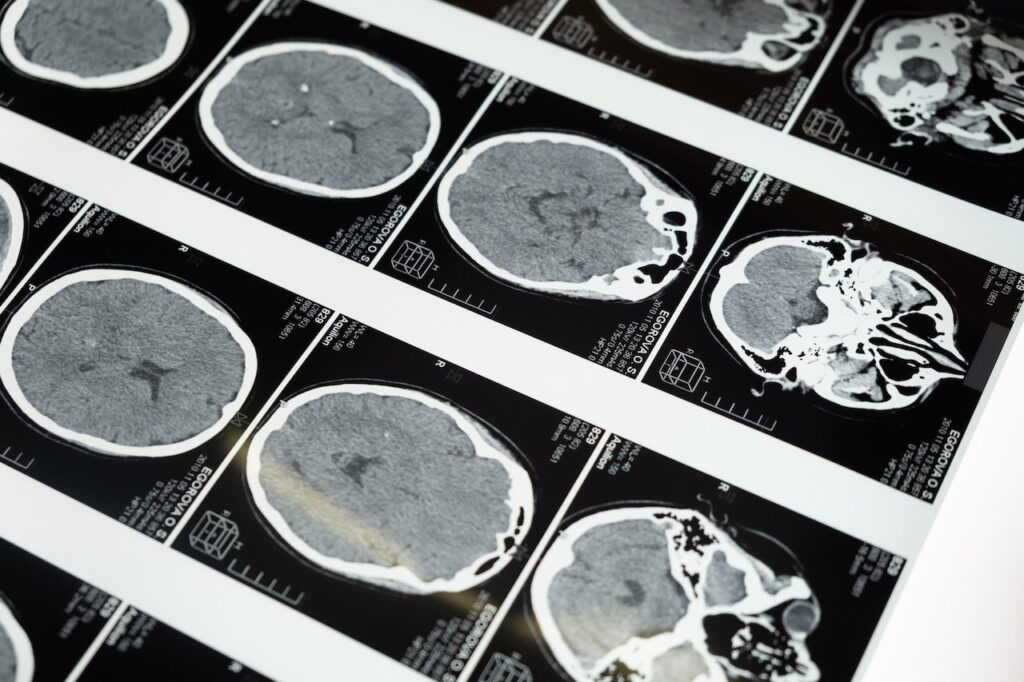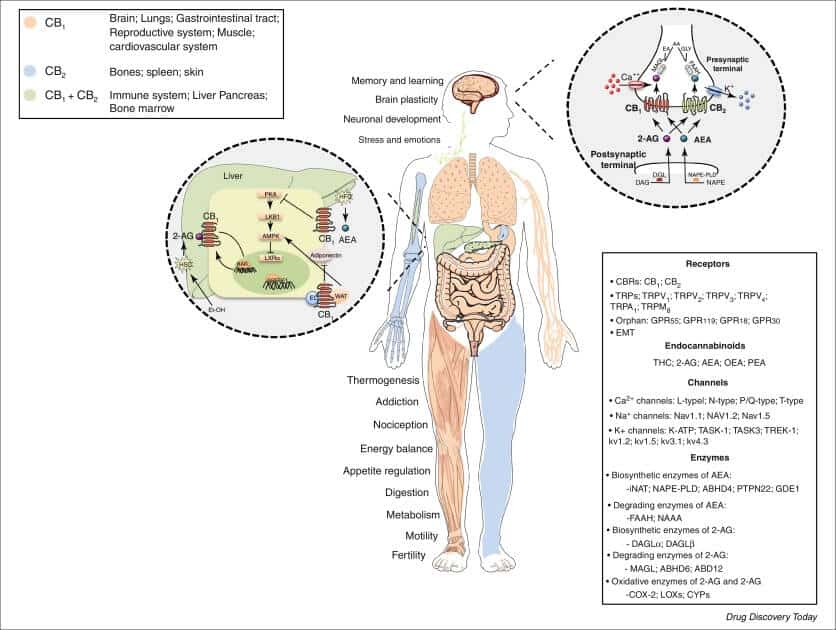The stereotype cannabis smoker is portrayed as a lazy dimwit incapable of holding creative thoughts for more than a few seconds. They are motivated by their hedonistic tendencies and desire to experience as much “high” as possible.
We know this is not true in 2022 because nearly half of all U.S. adults have tried cannabis at some point. While this damaging stereotype was used to discourage individuals from smoking on the basis that cannabis had a bad effect on the brain, science is bringing new light on this topic.
Such as this 2021 PBS report about whether cannabis can repair brain ageing. The research are presently being conducted on mice, so there isn’t much human evidence to imply that cannabis can slow down brain ageing, but the results in mice have been consistent.
According to one notion, as we age, we create fewer endocannabinoids. This has an impact on our endocannabinoid system, which is in charge of regulating body homeostasis. The endocannabinoid system regulates mood, pain, appetite, immunological response, and many other functions.
Because many of our endocannabinoids are comparable to the phytocannabinoids found in cannabis, we could understand how it could compensate for the reduction of endocannabinoid production caused by ageing.

The most recent evidence for this theory comes from a mouse study conducted by numerous experts. Several studies have been conducted in Israel, Germany, and the United States. Nicole Ashport, one of the researchers featured in the PBS documentary, detailed how they investigated the cognitive loss in mice inside an established experiment:
“When we place young mice in a learning and memory labyrinth, they soon learn to discover the escape. Our elderly mice will also learn how to escape the maze, but they will not learn as quickly. So a baby mouse may need 16 trials to master the maze. However, it may take a 25-year-old mouse. As a result, the old mice can still learn. They simply do not learn as rapidly.”
This allows researchers to see how elderly mice process information and commit it to memory more slowly. In theory, this is due to aging-related inflammation, but it could also be due to a lack of endocannabinoids reaching certain areas of the brain connected with memory.
“While we treated old animals with a synthetic version of THC at modest doses, we would find a stimulating effect,” Ashport observed when providing low doses of THC to the mice. They’d move faster, and they’d move more. They had improved their ability to solve the mazes more efficiently. That is similar with what other organisations have reported, indicating that extremely low doses may have a favourable effect.”
This is also being observed anecdotally in humans. Many elderly people say they “feel alive” and “have more energy” after using cannabis. Could it be that a shortage of endocannabinoids caused increased inflammation, which is a cause or symptom of many different conditions?
“Increased inflammation is one of the main markers of ageing that we find that can contribute to frailty and other deficits in later age,” said Ashport. “Cannabis and several cannabinoids have been shown to lower inflammation in the brain and throughout the body. As a result, it’s likely that when we supply cannabinoids that operate as anti-inflammatory signals, they automatically improve the ageing system by simply removing the stresses of inflammation.”
Perhaps we’re approaching a point in society where “consuming cannabis” will be as necessary as taking vitamin supplements. The truth is that our endocannabinoid system is critical to our health and well-being.
The endocannabinoid system is thought to be fully matured around the age of 25. Until now, your body has produced a large amount of endocannabinoids. Endocannabinoid synthesis decreases dramatically as it reaches full maturity.
While cannabinoids can be obtained through a variety of foods and activities, cannabis is the finest natural source of cannabinoids. The entire plant contains a diverse range of cannabinoids and terpenoids that interact with your internal organism at a high rate.
If many of our age-related illnesses are caused by a lack of cannabinoids or an endocannabinoid insufficiency, then using cannabis as a supplement makes logical.
Some people, however, are not interested in feeling “high” since they still have some medical preconceptions about bliss. However, with cannabis, you do not have to get high. In fact, juicing raw cannabis should be enough to refill your endocannabinoid system without getting you high.
Because the phytocannabinoids are in their “acid” state when cannabis is raw, they are non-psychoactive. Given that non-psychoactive cannabis can help refill your endocannabinoid system, it stands to reason that a “smoothie of cannabis” a day can help keep the old at bay!

We’ve all heard that cannabis is hazardous for your brain! Except that it may now be your last line of defence against mental degeneration as you age. Of course, this research is still in its early stages, and as global legalisation progresses, we’ll learn more about how cannabis interacts with our minds and bodies.
Meanwhile, preliminary research suggests that cannabis could be a highly effective treatment for any ailment involving mental decline as we age. Dementia, Alzheimer’s, and other neurocognitive illnesses are examples of this.
I am positive that I will continue to use cannabis far into my old age. I may not constantly smoke it, but I will use the raw plant in my smoothies on occasion to replenish the loss of endocannabinoids that occurs naturally as we age.